Underground farm prototype enters second phase
30 May 2019Switzerland – Amberg announced today a research project using aquaponics to promote sustainable underground cultivation of fish and salad.
"The future of food supply lies underground, as free areas on the earth's surface are already scarce today," a spokesperson said.
Since March, the world's first Underground Green Farming prototype for sustainable underground food production using aquaponics has been in operation. The project is now entering its second phase with another delivery of rainbow trout. For this reason, the number of employees will be increased and supplemented with further experts. Furthermore, an optimisation of the lighting concept for the salad culture in naturally dark tunnels should ensure an even better yield.
The aquaponics system works in a cycle: The water from the fish tanks, which is enriched with nutrients via fish excrement, serves as a food source for the plants and is then returned to the water cycle. The prototype in the test tunnel Hagerbach in Flums consists of three areas - fish tank, salad culture in raised beds and biofilter plant.
In the future, the use of underground space in urban areas should reduce the transport costs for food and the associated traffic volume as well as exhaust emissions. Furthermore, the constantly stable climatic conditions in the underground also reduce the CO2 footprint of cities, as less heating or cooling is required.
Developing sustainable, concrete solutions that have a real benefit and contribute to achieving the UN's sustainability goals is a top priority for Amberg, the company said. In addition to the aquaponics prototype, Amberg is also working on other projects to promote the intelligent use of underground space.
The aquaponics project is managed by the Swiss Center of Applied Underground Technologies (SCAUT). With its engineering, innovative concepts and state-of-the-art ITC, SCAUT contributes significantly to the creation of underground spaces of the future.
